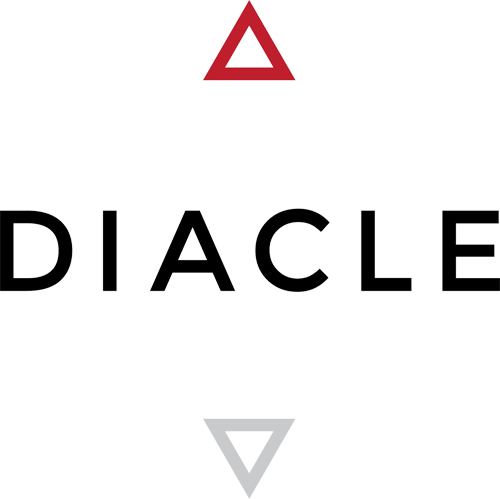BITCOIN IS THE FIRST DIGITAL COMMODITY
I genuinely believe that the greatest value of bitcoin is that it is an electronically transferrable commodity that is intrinsically valuable. It takes all the benefits of gold, or other precious metals, in terms of its value, yet allows for global, peer-to-peer transfers without any delayed settlement.
Bitcoin is the first digital commodity per se. Nothing compares.
What is interesting about decentralised mining – the transactional consensus system for bitcoin – is that it has the potential for everyone in the world to participate. It’s harder now, but the key point is that at the beginning everyone had the chance to use, and produce, this digital commodity.
I like distributed ledger, blockchain tech and ‘Ripplesque’ credit-based systems. There is a massive role for blockchain technology, but an area of personal interest is the building of premium ‘democratic’ digital commodities.
What I have in mind is taking three principles: digital commodity with intrinsic value, inherent electronic transferability and immediate settlement and democratic participation in the production of the digital commodity. I would love to see more digital commodities emerge based on these three principles.
The fourth principle should add a premium to the digital commodities created, i.e. ‘market context’.
What do I mean by that? Let’s take a few examples of digital commodities that could be built.
The first is ‘solar coin’. This would involve shipping portable solar panels with integrated mining units, so that when it is not charging phones, it’s mining solar coins. Those coins would have a premium value due to the use of renewables. A market could even be envisioned similar to that of carbon credits, where corporations purchase solar coins to demonstrate their commitment to renewables.
The second example is ‘aquapoints’ – an ‘uberisation’ of water production using home distillation units with integrated mining equipment. A portion of the energy used to distill water would be used to mine aquapoints. These aquapoints become the de facto currency to purchase the distilled water and they, like carbon credits, may end up on corporations’ balance sheet to demonstrate their commitment to sustainability.
You take any ‘nudge’-based activity; e.g. encouraging people to waste less, use renewable energy or exercise more, and that activity produces value by way of mining.
That value is a premium on a standard digital commodity due to government healthcare, environmental or other policy targets and the ‘market context’ surrounding those policy objectives.
Let’s take brain training for instance. Neurodegeneration is a global issue in which governments, palliative care services and pharma companies are investing. Brain training is viewed by many as a mitigation approach to neurodegeneration. I had a chat with Max Keiser about this and he said: ‘Think and Grow Rich’. That is exactly right. If you are able to capture brain training activity to produce a digital commodity, called, ‘neuropoints’ for example, then the same points can be used within the brain training market to purchase goods and or services.
One idea I had was to simply add a small device to a musical instrument that records brain activity. Playing an instrument has benefits for brain development – the activity record equals an amount of neuropoints and so on.
The possibilities are seemingly limitless but the main point is that once you have created premium digital commodities then it is more likely that their value will be more stable, as it is the ‘market context’ that will stabilise the value. The renewables market stabilises the value of solar coins; the neurodegeneration market stabilises the value of neuropoints; the sustainability market stabilises the value of waterpoints.
This is also an interesting segue for the Internet of Things (IoT) and digital currency. IoT devices become the sensors recording activities – whatever that may be – and digital currency becomes the result. When I head back to Hong Kong I will definitively be wanting to spend more time in Shenzen building these kinds of things.
I have a feeling that in the future, know your miner (KYM) and the issues with terrorist financing won’t be so much of an issue. The distribution of the mining devices used to ‘mine’ the digital commodities can be done via verification of identity, just in the same way Uber carries out due diligence on Uber drivers, ‘Aquapoints Limited’ will carry out due diligence on its water producers. So here comes the additional premium: not only is the water local, sustainable and clean but aquapoints would be 100% anti-money laundering (AML) or counter-terrorist financing (CTF) compliant. This would be an additional premium, one that even the diamond mining industry has trouble achieving.
If you are interested in or are already building a premium, fully-compliant digital commodity please get in touch adam@blog.diacle.com.
